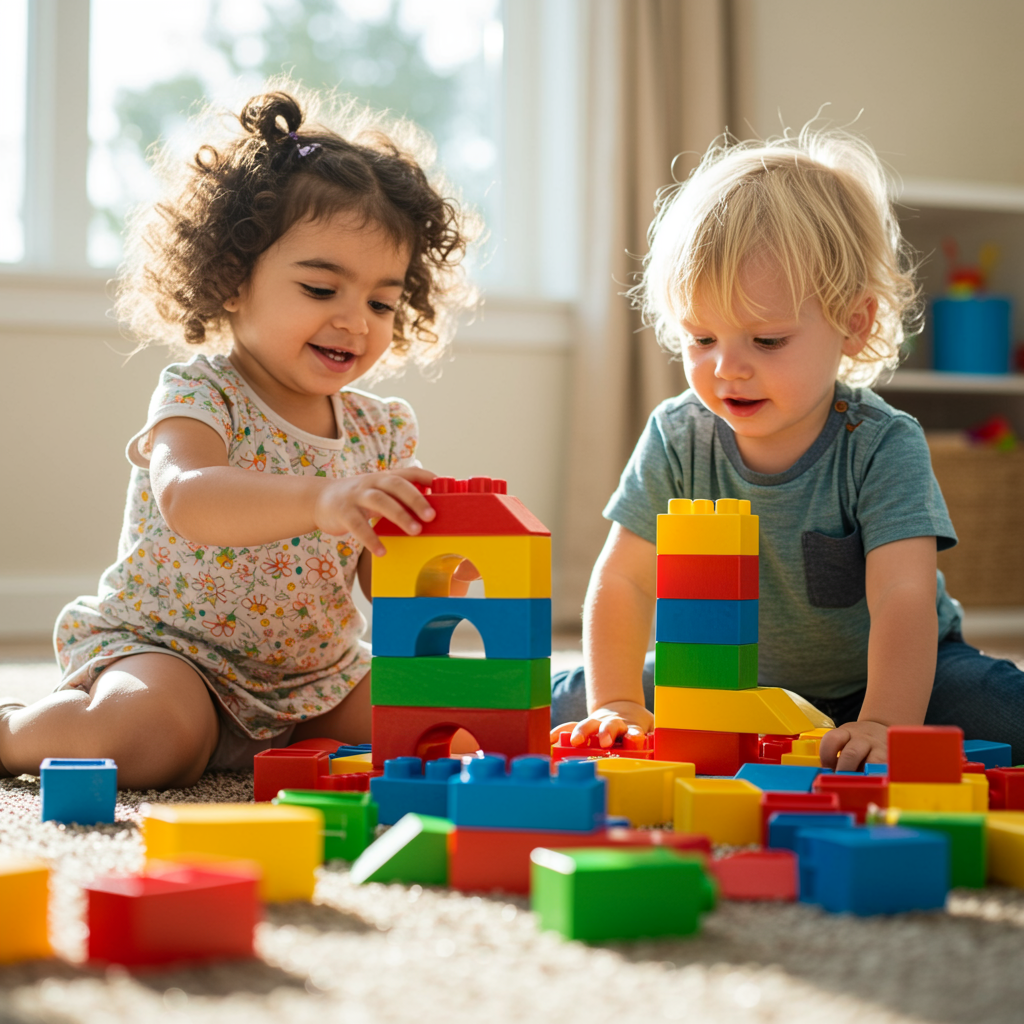Why Play-Based Learning Important: A Smart Start for Young Learners

When it comes to early childhood learning, one method stands out for being both joyful and effective—play-based learning. Whether it’s happening at home, in a classroom, or outdoors on a sunny day, learning through play gives young children the tools they need to thrive academically, socially, and emotionally.
Let’s explore why play is more than just fun—it’s the smartest way to kickstart your child’s learning journey.
What Is Play-Based Learning?
Play-based learning is a hands-on, child-led approach where learning happens naturally through activities that feel like play. It might look like building with blocks, pretending to be a shopkeeper, making patterns with colorful beads, or exploring the textures of nature—but behind every activity, real learning is happening.
Children explore, experiment, and discover at their own pace, building confidence while developing essential skills.
Why Play-Based Learning Works
1. Builds Brain Power
During play, children develop problem-solving skills, memory, concentration, and creativity. Activities like sorting, stacking, and puzzles support early math and logic skills without the pressure of traditional instruction.
2. Supports Language and Communication
Whether kids are pretending to be chefs or explaining their drawing, play gives them a natural way to use and expand their vocabulary, improve sentence structure, and express themselves.
3. Develops Motor Skills
From drawing and cutting to climbing and dancing, play strengthens both fine and gross motor skills. These are crucial for everything from writing to coordination and balance.
4. Encourages Emotional Growth
Play helps children make sense of their world. Through role-play and storytelling, they learn to manage feelings, solve problems, and build empathy.
5. Makes Learning Exciting
Children are naturally curious, and play taps into that curiosity. When kids are having fun, they’re more engaged, more motivated, and more likely to retain what they’ve learned.
At Home or in the Classroom—It Works Everywhere!
The beauty of play-based learning is that it works anywhere. Whether you’re a parent creating a playful corner at home, or an educator leading a group activity in class, you can bring learning to life with simple materials and everyday moments.
It doesn’t require expensive toys or a formal curriculum—just a bit of creativity, flexibility, and lots of imagination.
Final Thoughts
Play is how children explore their world, connect with others, and develop the skills they’ll use for a lifetime. By embracing play-based learning, we give our kids a smart, strong, and joyful start. After all, when learning feels like play, it doesn’t just stick—it sparks a lifelong love for discovery.






